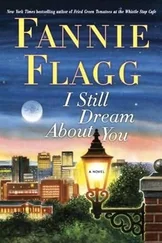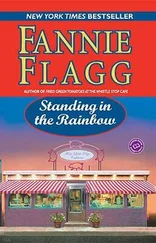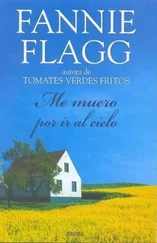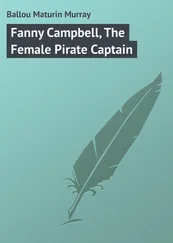So Downy works at his self-appointed task in our orchards summer and winter, as regular as a policeman on his beat. But he is much more than a policeman, for he acts as judge, jury, jailer, and jail. All the evidence he asks against any insect is to find him loafing about the premises. “I swallow him first and find out afterwards whether he was guilty,” says Downy with a wink and a nod.
Most birds do not stay all the year, in the North, at least, and most, in return for their labors in the spring, demand some portion of the fruit or grain of midsummer and autumn. Not so Downy. His services are entirely gratuitous; he works twice as long as most others. He spends the year with us, no winter ever too severe for him, no summer too hot; and he never taxes the orchard, nor takes tribute from the berry patch. Only a quarter of his food is vegetable, the rest being made up of injurious insects; and the vegetable portion consists entirely of wild fruits and weed-seeds, nothing that man eats or uses. Downy feeds on the wild dogwood berries, a few pokeberries, the fruit of the woodbine, and the seeds of the poison-ivy, – whatever scanty and rather inferior fare is to be had at Nature’s fall and winter table. If in the cold winter weather we will take pains to hang out a bone with some meat on it, raw or cooked, or a piece of suet, taking care that it is not salted, – for few wild birds except the crossbills can eat salted food, – we may see how he appreciates our thoughtfulness. Shall we grudge him a bone from our own abundance, or neglect to fasten it firmly out of reach of the cat and dog? If his cousin the hairy and his neighbor the chickadee come and eat with him, bid them a hearty welcome. The feast is spread for all the birds that help men, and friend Downy shall be their host.
We shall not attempt to deny that Downy has an unprincipled relative. While it is no discredit, it is a great misfortune to Downy, who is often murdered merely because he looks a little, a very little, like this disreputable cousin of his. The real offender is the sapsucker, that musical genius of whom we have already spoken.
The popular belief is that every woodpecker is a sapsucker, and that every hole he digs in a tree is an injury to the tree. We have seen that every hole Downy digs is a benefit, and now we wish to learn why it is that the sapsucker’s work is any more injurious than other woodpeckers’ holes; how we are to recognize the sapsucker’s work; and how much damage he does. We will do what the scientists often do, – examine the bird’s work and make it tell us the story. There is no danger of hurting the sapsucker’s reputation. The farmer could have no worse opinion of him; and, though the case has been appealed to the higher courts of science more than once, where the sapsucker’s cause has been eloquently and ably defended, the verdict has gone against him. Scientists now do not deny that the sapsucker does harm. But his worst injury is less in the damage he does to the trees than in the ill-will and suspicion he creates against woodpeckers which do no harm at all. If you will study the picture and the descriptions in the Key to the Woodpeckers, you will be able to recognize the sapsucker and his nearest relatives, whether in the East or in the West. But all sapsuckers may be known by their pale yellowish under parts, and by the work they leave behind. As the yellow-bellied sapsucker is the only one found east of the Rocky Mountains, we shall speak only of him and his work.
Конец ознакомительного фрагмента.
Текст предоставлен ООО «ЛитРес».
Прочитайте эту книгу целиком, купив полную легальную версию на ЛитРес.
Безопасно оплатить книгу можно банковской картой Visa, MasterCard, Maestro, со счета мобильного телефона, с платежного терминала, в салоне МТС или Связной, через PayPal, WebMoney, Яндекс.Деньги, QIWI Кошелек, бонусными картами или другим удобным Вам способом.
Based upon the observations of Mr. William Brewster.












